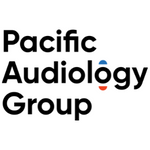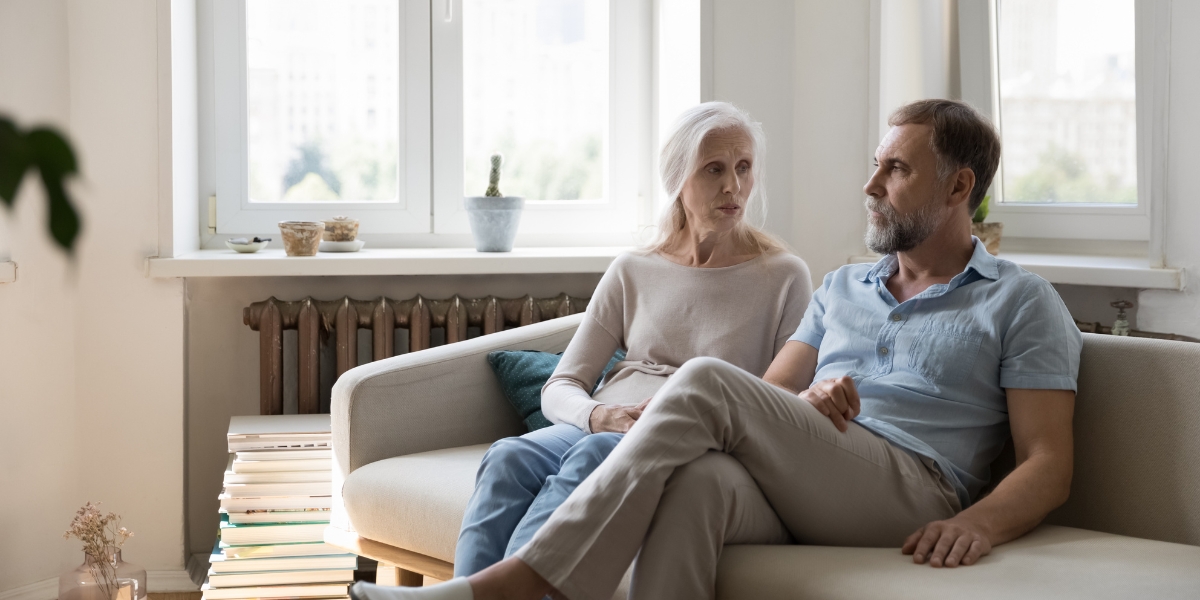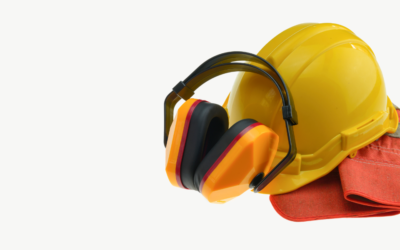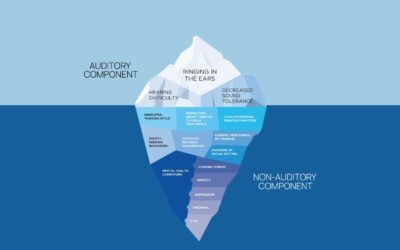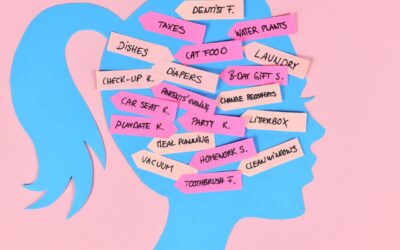There is a magic number when it comes to hearing healthcare.
IT’S SEVEN!
According to the Better Hearing Institute, the average person waits seven years before pursuing hearing aids. Mark Ross, the founding father of aural rehabilitation, beseeched us to “think about those years. Think about the effects these hearing problems may have had upon the person’s family, social circle, and employment situation.”[i]
Over this period of years, a person adjusts to hearing loss. Many adjustments are made without explicitly discussing them with friends, family members, and co-workers. An example of an adjustment is to stop watching TV with a significant other because the volume is too loud. Hearing aids can solve the problem of a too-loud TV. Does everything go back to the way it used to be, then? Not necessarily.
“We trivialize the role that audition plays in our lives if we believe that hearing aids alone resolve the problems wrought by years of poor hearing and an unacknowledged or untreated hearing loss”, Ross continued. “No matter how advanced and well-fit the hearing aids, they cannot retroactively help people understand how the hearing impairment has affected their current behaviours and relationships.”
Enter aural rehabilitation. In a more holistic model of hearing care, hearing care professionals provide hearing rehabilitation services that may or may not include hearing aids.
As an audiologist in private practice, I believed in the value of aural rehabilitation and wanted to provide a program. But I honestly couldn’t justify the time needed for planning, never mind execution! Would people even pay for that? Am I the best person to provide aural rehab? The nagging questions stalled me.
Before we go any further, yes, people will pay for aural rehab services. And absolutely, YES, you are the best person to provide an aural rehab program for your clients! Rehabilitation programs have a lot to offer any client who wants to be proactive about their hearing health care.
But how do you find those proactive people?
In new clients, a case history will reveal signs of struggle in relationships or on the job. If such a client is not yet ready for hearing aids, an aural rehabilitation program is an efficient way to respond.
In current clients, you may not necessarily be aware of periods of struggle if the client does not tell you. Struggle can arise with a transition to being married, single, or widowed, new grandchildren on the scene, a change in employment, or a new daughter-in-law who mumbles.
Let me tell you a story. I am deaf but was not always so. The progression in my hearing loss was scary. I was particularly concerned as I was about to enter the profession of audiology. I contacted the audiology clinic attached to the university program and was seen immediately. My question was, “What else could I be doing?” I answer I received: “You’ve got it! You have hearing aids and you are a strong lipreader.”
I had never expressed this question before to an audiologist and have not since. But I’ve thought about the struggle a lot, and I recognize the expression in others. Clients may not make an appointment with you to discuss “what else should I be doing?,” but it may be implied when they say, “I still can’t hear well in noise.”
What do you have to offer?
An aural rehabilitation program can be partly centred around maximizing the benefit that your clients get from hearing technology. A holistic aural rehab program will have other integral aspects, such as communication strategies, auditory training, content on hearing health, coping strategies, and lipreading instruction. Which aspects appeal to you? Which ones will appeal to your clients? Where is the intersection? What is an offering you can make that involves what you already know and are interested in? Where there is no intersection but a parallel line, what partnerships can you form?
Now is a perfect time to start dreaming about YOUR aural rehab plan. Let it reflect your unique expression of hearing healthcare. At Pacific Audiology Group, we can help you get your aural rehab program off the ground with mini-courses, templates, and other resources. Sign up today for our FREE Learn On platform to take Sandra’s aural rehab micro courses.
[i] Ross, M: When a Hearing Aid is not Enough. Hearing Review 2000; https://hearingreview.com/hearing-products/accessories/earmolds/when-a-hearing-aid-is-not-enough
If you found this blog helpful, please share it on social media!
